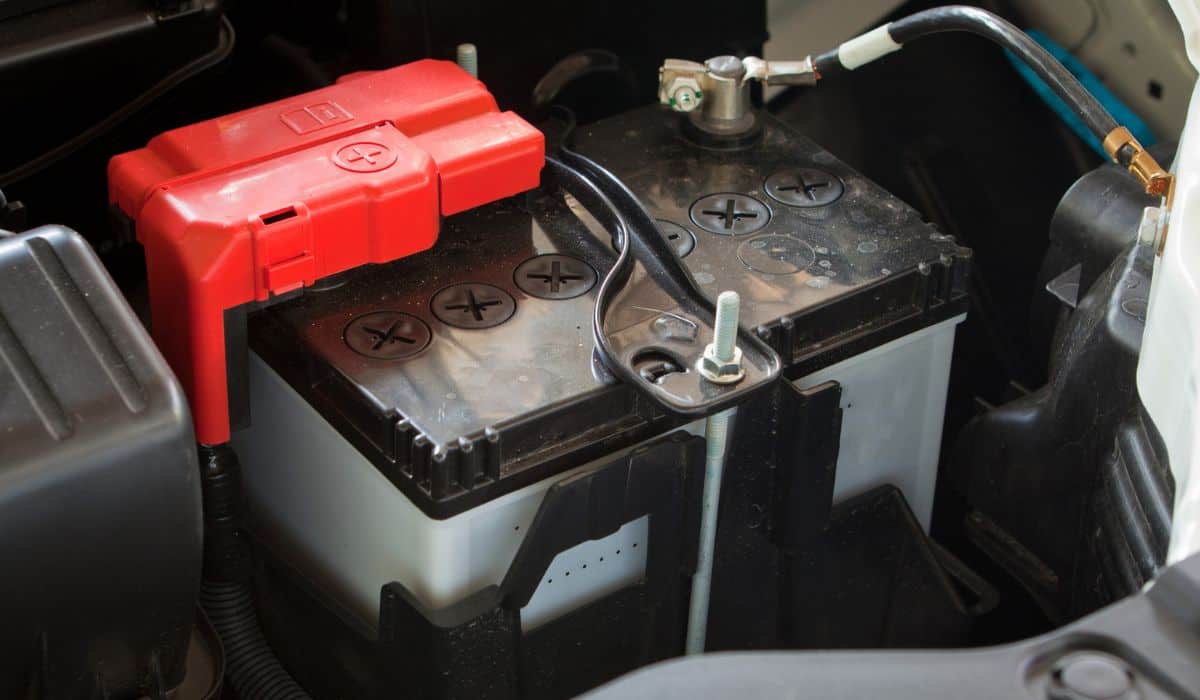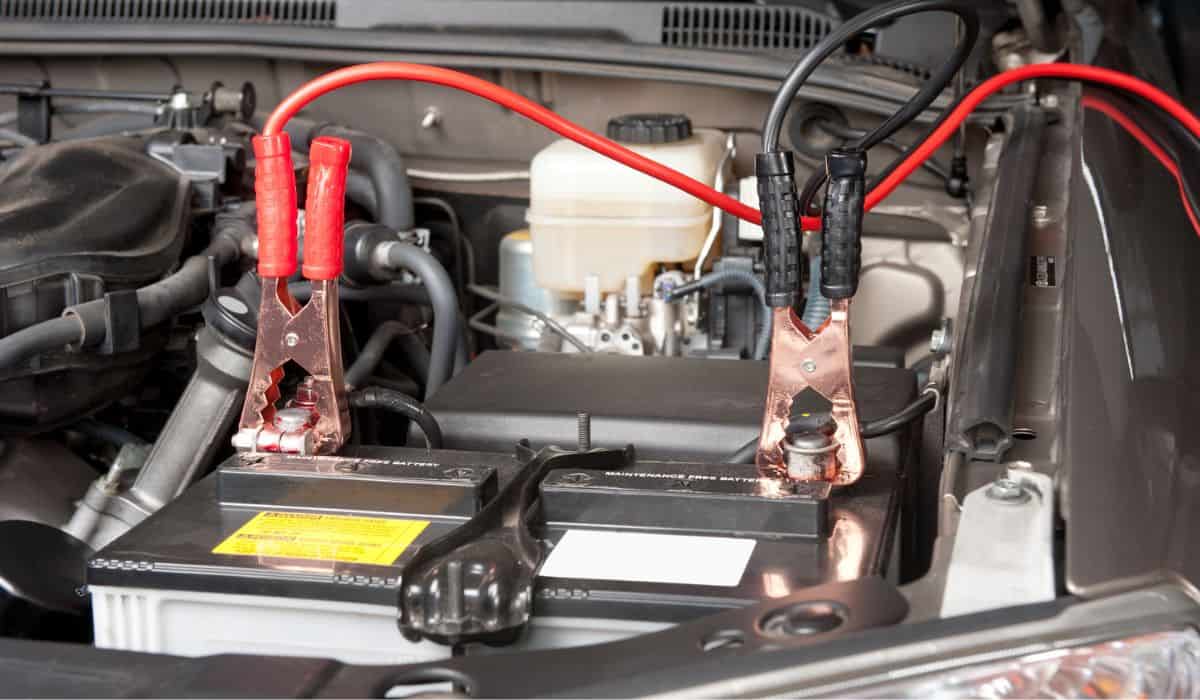Does Car Battery Affect Gas Mileage? What You Need To Know
A car’s fuel economy is an important consideration these days, especially considering the environmental impact of driving and steep prices at the gas pump. But there are multiple factors that impact your car’s gas mileage, from weather conditions to the weight of the car. So, where does the battery fit in?
An old battery can negatively affect a car’s gas mileage. This is because a bad battery puts more pressure on the alternator, decreasing fuel economy. If your car’s engine is running too hot or if there’s a leaky fuel injector or exhaust leak, then it might be time to replace your battery.
Let’s take a closer look at how a car’s battery can affect gas mileage, whether a new battery will boost the mileage, and how you can avoid future battery issues, so that you don’t have to worry about spending more than you need to on gas.
Does Car Battery Affect Gas Mileage?

An old or weak car battery can definitely affect gas mileage. That’s because a weaker battery forces the alternator to work harder, thereby decreasing fuel economy.
A battery that’s leaking acid can also damage the engine and other components of your car, leading to poorer gas mileage.
Here are some of the ways a battery can affect your car’s gas usage:
Alternator Issues
The alternator helps charge the car battery and keeps working until the battery reaches the optimum voltage level. If the battery isn’t working properly, then the alternator will continuously pump power and try to fully charge the battery.
Since the alternator is directly connected to the engine, its non-stop running will negatively affect your car’s driving performance and reduce its fuel economy.
Fuel Injectors
Without a properly charged car battery, the fuel injectors might not push fuel into the cylinders as quickly and efficiently as they normally do. Bad fuel injectors can result in poorer gas mileage than the alternator running all the time.
If you feel like the engine is lurching or your car’s driving performance is a bit rough, then it might be time to check and replace your battery.
Car Computer
Most cars now come with a built-in computer that manages all accessories and automates several engine functions. However, if you have a bad car battery, then the computer might find it difficult to properly gauge your car’s fuel consumption.
Engine Shut-Off
Some of the larger cars on the market come with a safety feature that shuts off the engine if the battery isn’t fully charged.
However, this ability depends on the car’s built-in computer and other systems identifying the right time to shut down the cylinders for maximum fuel conservation.
If the computer fails to gain the electrical information needed from the car’s sensors, it won’t be able to shut down the cylinders, leading to a significant loss in fuel efficiency.
Assessing Whether Your Battery Is Decreasing Your Car’s Fuel Economy
There are a few ways you can determine whether your battery is decreasing your car’s fuel economy. Some of the most common symptoms to look out for include:
Hot Engine
An engine that’s running too hot could be a sign of bad gas mileage. However, keep in mind that this could also be because of old spark plugs, a faulty oxygen sensor, or a dirty air filter.
Leaky Fuel Injector
Fuel injectors can spring leaks over time, which could cause your car to consume much more fuel than necessary.
Exhaust Leak
Exhaust leaks also lead to your car using more fuel than normal, which decreases its fuel economy and negatively affects its efficiency.
Will a New Battery Improve Your Car’s Gas Mileage?
If you want to improve your car’s gas mileage, then a new car battery might be a good next step. While there are several other factors that affect gas mileage, such as the vehicle type and driving habits, a weak or bad battery is often the reason behind lower fuel efficiency.
As we mentioned earlier, if you have a bad car battery, then the alternator must work continuously to keep things running, leading to greater gasoline consumption and a strained or overworked engine. Luckily, replacing your old battery with a newer one can help solve this problem and improve your MPG (miles per gallon).
Of course, the best course of action is to consult a mechanic before making any big decisions (or purchases) regarding your vehicle. They’ll help you determine whether the battery is actually the culprit, and they may even offer additional advice to help you get the most out of your car.
How to Care for Your Car Battery to Avoid Problems

As is the case with many other components of a car, a properly maintained battery will help you avoid expensive repair costs. Here are some maintenance tips that can help ensure your battery stays in tip-top condition:
- Change the battery every four years.
- Check your battery’s acid level every six months or so.
- Perform a battery load test every month.
- Regularly clean the top and side of the battery.
- Make sure all the battery cables are secured tightly.
- Drive your car at least once every three days.
- Don’t over-charge the battery, as it can cause serious damage.
- Try to keep the battery warm during winter.
